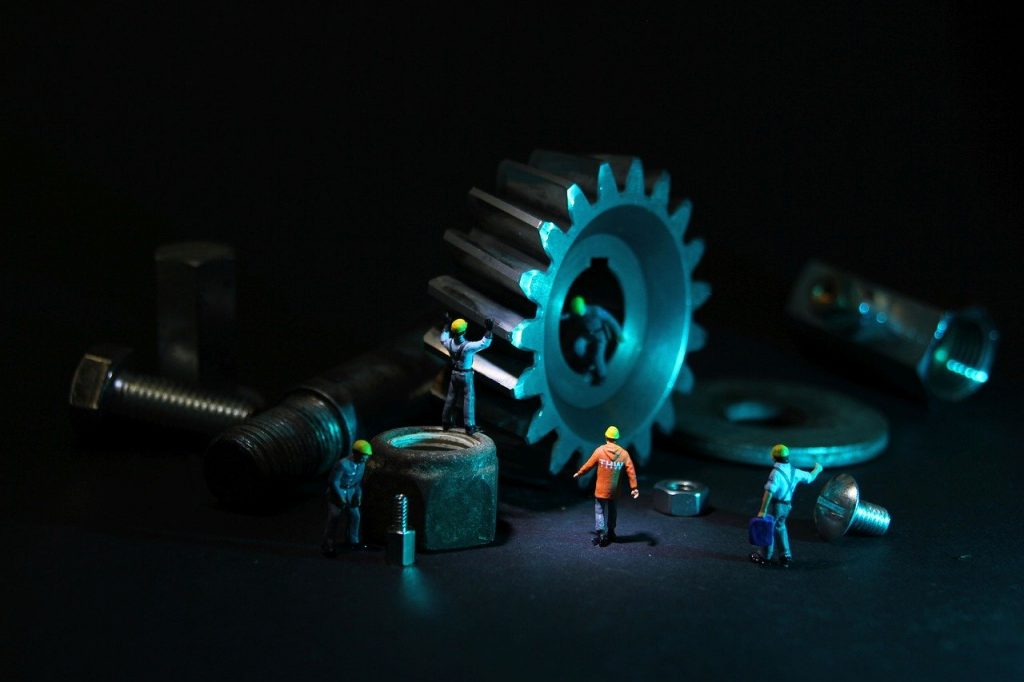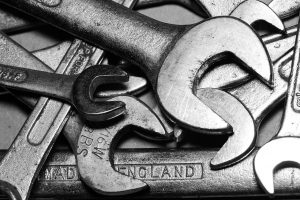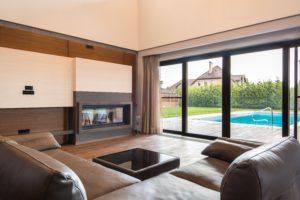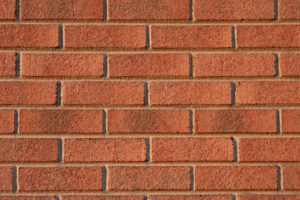How to design a basic air compressor?

There are many things to consider when you are designing a basic air compressor and the best professional to get the advice from is a mechanical engineer.
What type of compressor would a mechanical engineer design?
There are three main kinds of compressors that an engineer would consider creating:
• Reciprocating, piston compressors
• Rotary vane compressors
• Rotary screw compressors
The different types will have their own challenges and benefits.
The drive system
The drive system is the method in which you are driving the compressor. Whether you are choosing a direct shaft drive with a couple or a belt drive path having a drive alignment is critical for the air compressor.
For those designing a belt drive noise and premature wear are the common signs of having an alignment issue which can result in the belt coming away from its pulley. If you have misaligned the couplers or shafts, then you are going to get power loss, vibration, noise, premature wear of the gears and the bearings.
You want to ensure that the torque and power that are coming from your main power source can handle the type of compressor that you have chosen. When it comes to choosing a source that has too little torque or power, your air compressor will not run to its capacity if it runs at all. Over spacing can result in initial investment costs and an increase in fuel costs.
The vibration analysis
 How and where you are mounting your compressor is important just like the environment that it will be working within. You need to figure out what the maximum vibration that the components can handle whether the compressor is mounted on a subject that is prone to vibration or intense movement. Understanding all this about your air compressor will give you the best decision on what to mount and secure the air compressor to.
How and where you are mounting your compressor is important just like the environment that it will be working within. You need to figure out what the maximum vibration that the components can handle whether the compressor is mounted on a subject that is prone to vibration or intense movement. Understanding all this about your air compressor will give you the best decision on what to mount and secure the air compressor to.
Cooling
You need to ensure that the engine of the compressor and the other components that are connected can handle being operated in an environment that you are working within.
Adding different components to the engine will require the engine manufacturer to look over it and approve the application. You need to make sure that the whole system can pass the air to boil test that is needed for the operating temperatures.
Your hydraulic oil
If you are using hydraulic power in order to drive the air compressor, then you need to check whether the hydraulic system can keep up with the cooling needed. You can check the entire system with the hydraulic power that is running all at once.
Your compressor
Now, are you using air or liquid cooling? Are you adding an independent system or tying into your engine coolant? Once you have it up and running, you need to make sure you can keep the air compressor cool for the whole duty cycle. If you are using the air compressor in extremely cold or hot conditions, then the cooling requirements may be different than what is needed for the more temperate weather climates.
The air temperature in the application end
Compressing air makes the air increase in temperature. It will depend on the coiling of the air compressor and what after treatment you are using as to whether the air that is getting delivered to the machine gets very hot. You need to make sure if it is the equipment is able to handle the rise in temperature if not, you can get additional equipment to add on that can help to reduce the temperature.
The control system
You need to work out how your air compressor is going to be controlled. Are you wanting to go with a simple off and on the switch or do you prefer to work with a more complex digital system? When you are designing the more complex systems, you need to take into consideration how much complexity you are wanting. Do you want error tracking? Air compressor service reminders? Do you require live telemetry to monitor the equipment before you suffer a breakdown?
There is so much involved in designing a basic air compressor which is why if you are intending on doing one yourself then you should consult with a mechanical engineer who can help and give you tips along the way.




